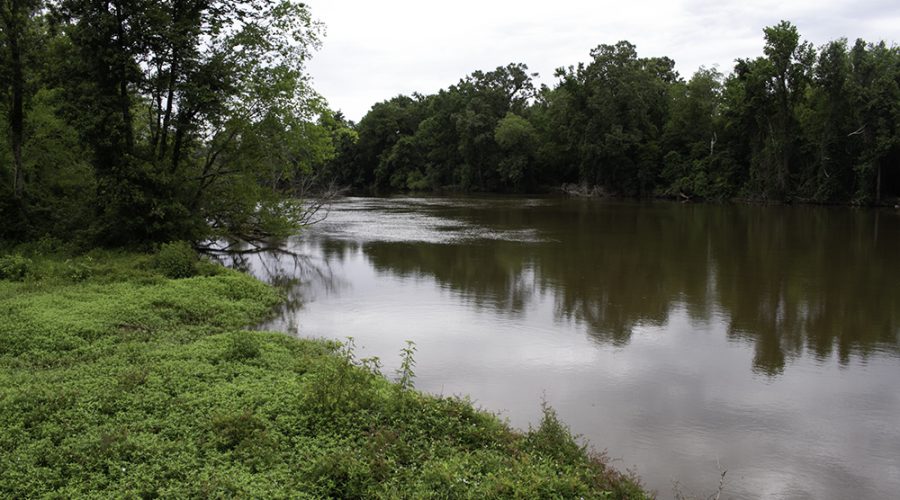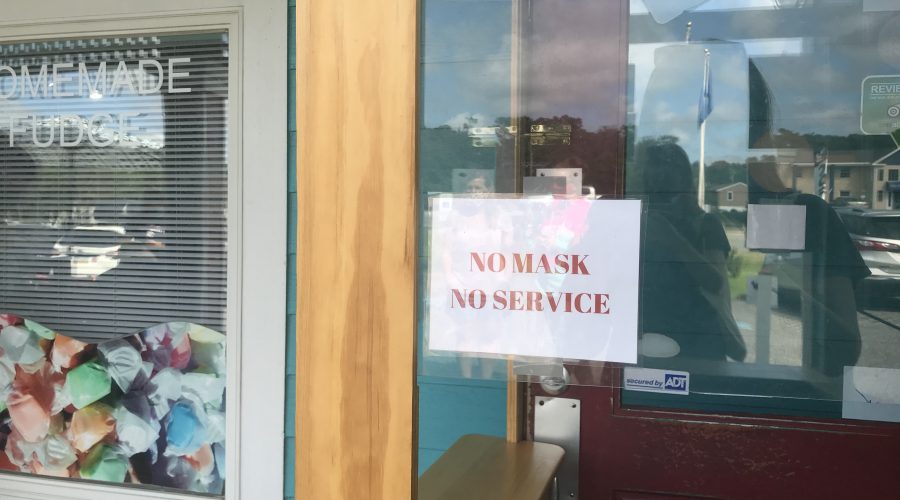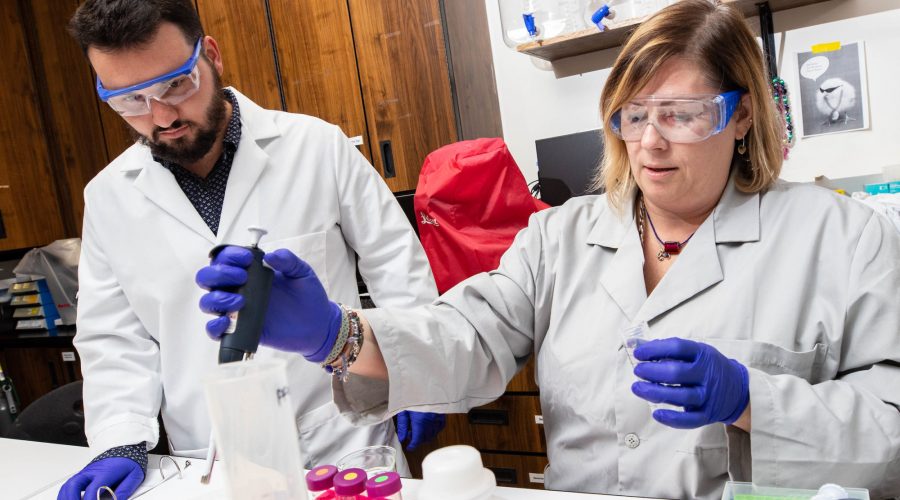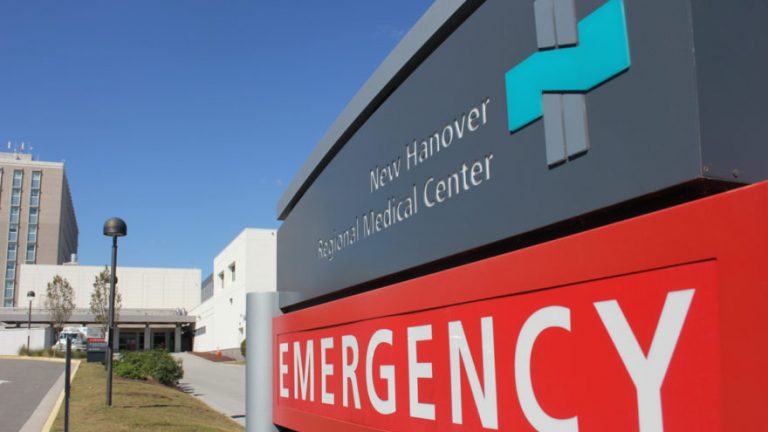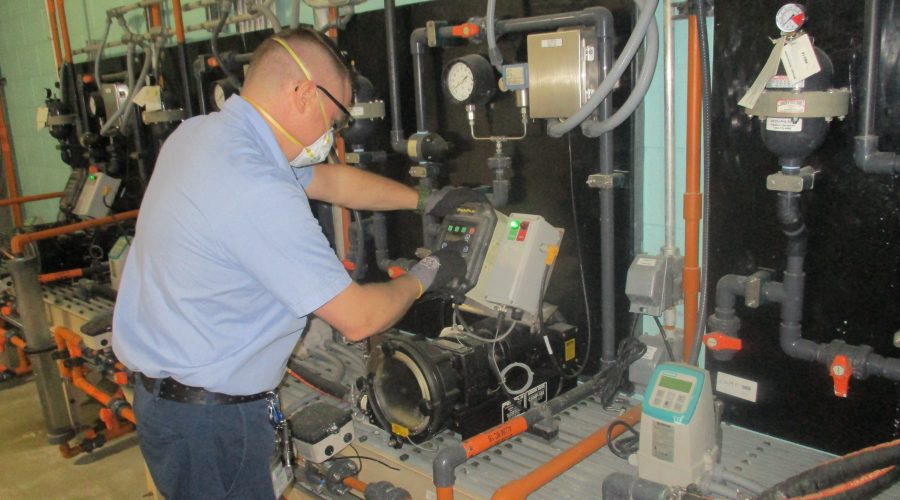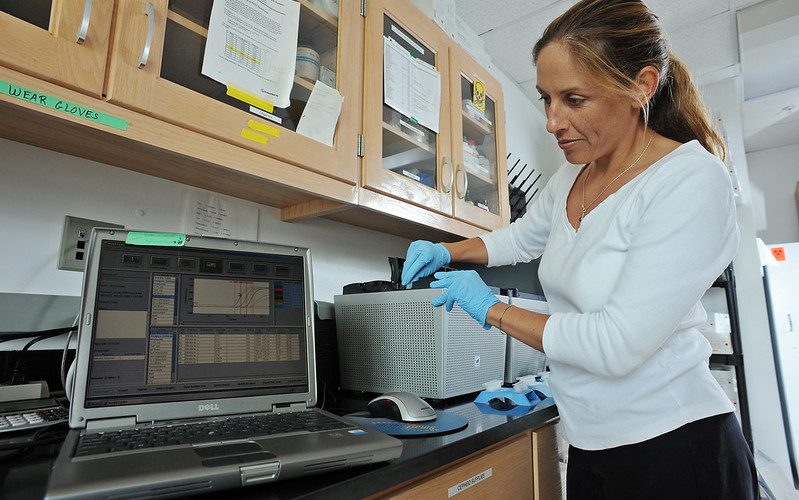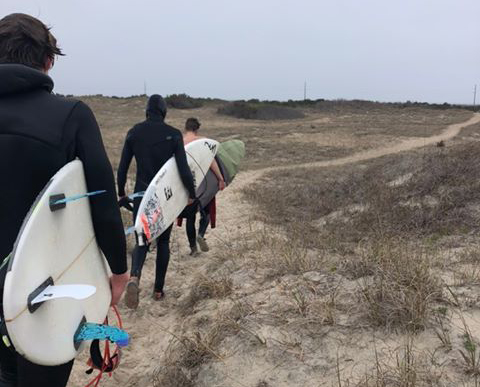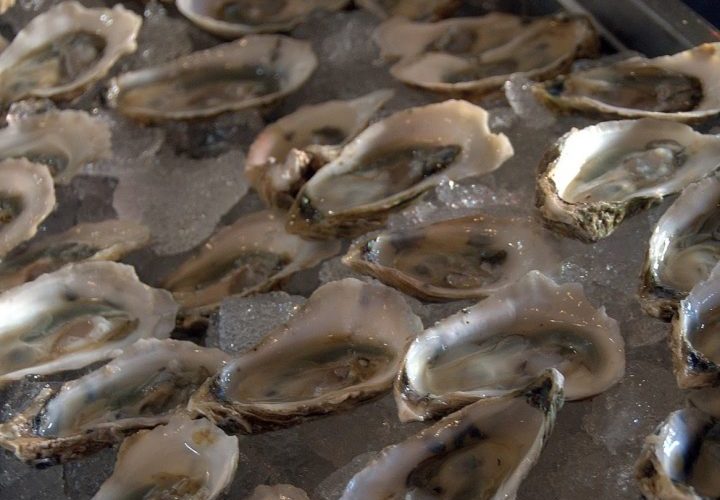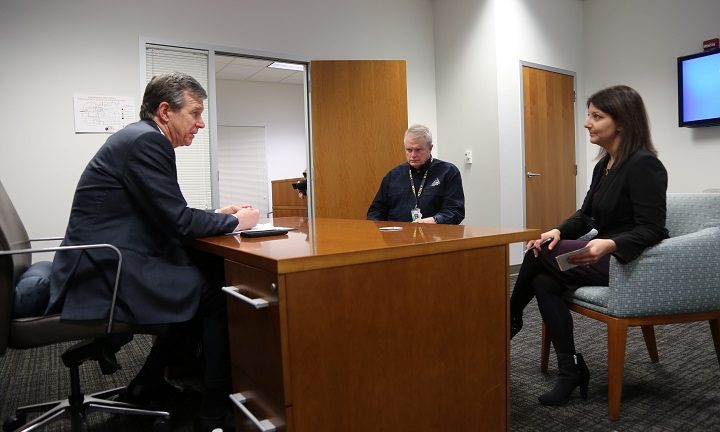Studies discussed Monday during the North Carolina Secretaries’ Science Advisory Board meeting compared the toxicity of GenX and related compounds in pregnant mice and their embryos.
Public Health
State Seeks Input on Chemours’ Next Steps
The state is taking comments until Sept. 17 on the latest steps to prevent GenX and other PFAS pollution from entering the Cape Fear River through contaminated groundwater from the Chemours’ Fayetteville Works Site.
PFAS Highest in Cape Fear’s Raw Water: Study
A preliminary study found that the state’s highest levels of forever chemicals, known as PFAS, have been found in Cape Fear River’s raw water supply.
A Changed Season On the Outer Banks
With vacation season in apparent full swing on the Outer Banks amid the pandemic, shops, restaurants and tourism sites are busy but business is different.
Research Suggests PFAS-Coronavirus Link
Studies say people with high levels of PFAS in their systems could be more susceptible to contracting COVID-19.
New Hanover Regional Panel Weighs Options
Three hospital systems vying to partner with New Hanover Regional Medical Center presented their proposals to a committee last week, with options ranging from an outright sale to a long-term lease.
How To Stay Healthy At Beach This Weekend
Records crowds are expected at North Carolina beaches this holiday weekend, and health experts offer suggestions to help prevent the spread of the coronavirus for those ready to put their toes in the sand.
Amid Hardship, Lockdown Curbs Energy Use
Coastal electric cooperatives have taken measures to help members keep their lights on during the stay-at-home order, which researchers say has reduced emissions and improved air quality.
Water Plant Operators On Seven-Day Stays
Cape Fear Public Utility Authority officials is stationing staff at its water treatment plants for weeklong periods and provided campers for their long stays to protect the safety of operators and Wilmington’s drinking water.
Lab Staff Use Printers to Equip Responders
Amid the pandemic, researchers and educators at Carteret County institutions are using their labs’ 3D printers and plans available online to meet the expected need for personal protective equipment for first responders and health care workers.
Professor’s Graphic Simplifies Disinfecting
Rachel Noble, a professor of public health microbiology at the UNC Institute of Marine Sciences, has created an infographic to provide to the community accurate information about disinfecting at home with readily available materials.
GenX: Looking Closer At Chemours’ Plan
While Chemours says it’s in compliance with state laws and a 2019 consent order, comments collected by NCDEQ show many are unsatisfied with the response by the company responsible for PFAS contamination in the Cape Fear region.
Outer Banks’ Gen Z Responds to Lockdown
Young people on the Outer Banks who may have once thought they would be unaffected by the pandemic are now coping with disruptive changes in their formerly highly social lives, just as they were set to graduate or begin careers.
Seafood Available, Buyers Are Not: COVID
As the lockdown to stem the coronavirus pandemic appears more and more to be a long-term situation, those in the fishing and shellfish industry and related businesses are struggling to find markets for their catch.
Strapped Industry, Towns Plead For Relief
Legislative hearings this week in Raleigh on the impact of the coronavirus featured a litany of losses across all sectors of the economy, but none as quickly or deeply felt than in the areas of food service, hospitality and travel.
Coastal Governments Enact New Restrictions
As the number of confirmed COVID-19 cases rises statewide, coastal counties and towns are enacting new measures and restrictions to align with Gov. Roy Cooper’s stay-at-home order and limit the virus’ spread.



